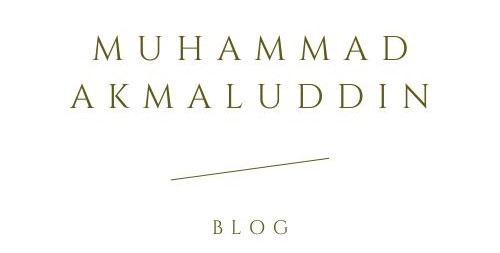The fuqahâ’ (Legal Scholars) and muḥadditsûn (Hadith experts) have constructed the epistemology of Sharḥ Hadith in al-Andalus by its use and application. Interpreting Hadith by understanding the reality and context in al-Andalus provides a comparative understanding for society to better get the messages of the Hadith, rather than focus on its transmission and validity rules. Such approach is taken considering the situation and condition in al-Andalus demand the dissemination of practical knowledge, not theoretical knowledge as in Masyriq (the East) where the people have achieved deeper knowledge. The epistemology developed by ‘Abd al-Malik bin Ḥabîb (d. 238/852) in the second to the third century AH gives an illustration that Sharḥ Hadith is developed in its epistemic corridor. Basically, the study of Sharḥ Hadith in Al- Andalus does not only have a passive role in the domination of Islamic centrist in the Masyriq, but also play an active role in interpreting various situations and conditions in the region. The relation of power between the Mâlik School and local knowledge in the epistemology of Sharḥ Hadith hadith are productive, producing practical and principle-based knowledge for the people in al-Andalus.
http://ejournal.uin-suska.ac.id/index.php/ushuludin/article/view/5374








0 Comments
Silahkan meninggalkan saran dan masukan terkait blog ini. Semoga bermanfaat. Terima kasih.